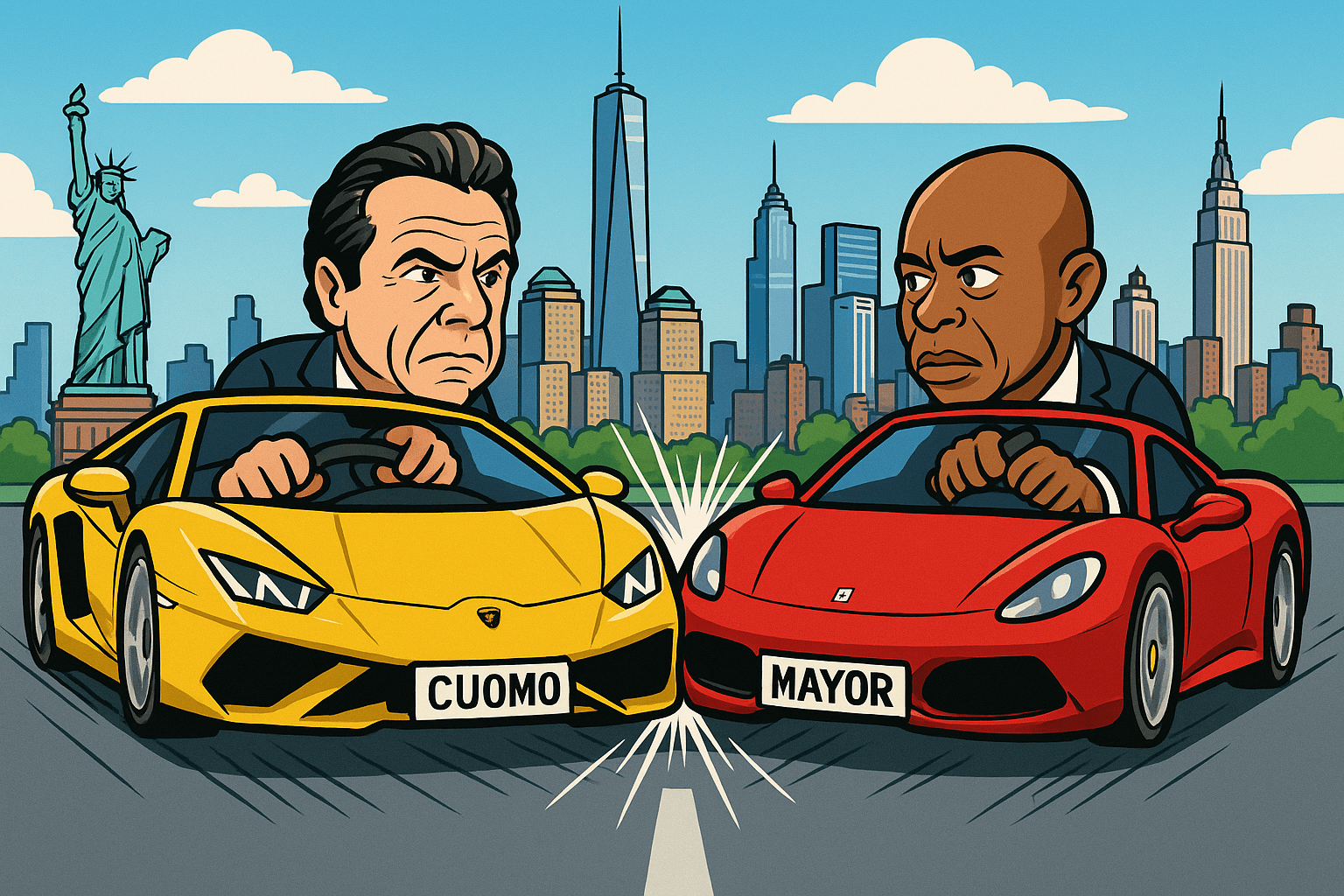Stanford Researcher: Americans Aren't More Polarized; Only The Media and Political Elite Are

A Stanford political scientist is stating what IVN has reported for a long time now: Americans are not more polarized, despite what the media says.
US voters are not being driven further to one corner or another in the ongoing political struggle between two private political corporations -- the Republican and Democratic Parties.
The people, largely, fall all over the political spectrum.
"You have two parties in a heterogeneous country where people have all kinds of views," says political scientist Morris Fiorina, in an interview for Reason Magazine. "It's simply not enough to represent diversity in this country."
Fiorina is also a senior fellow at the Hoover Institution, and the author of Unstable Majorities: Polarization, Party Sorting, and Political Stalemate.
It is the media's reliance on a two-sided, "us-vs-them" narrative that has created the illusion that Americans are more divided than ever, when in reality Americans are embracing an independent path in greater numbers, and actually agree on several issues.
"Everybody worries about the average American being ensconced in a filter bubble," says Fiorina. "Most of the research suggests it's the elites who are in these filter bubbles...and have this biased view of the world."
Check out the full interview and read some of the transcript here.
One might ask why, then, are more candidates who cater to the extremes getting elected? I would advise people look into how these candidates are elected, specifically partisan primaries where only the most extreme in each party's base consistently vote and garner extremely low turnouts.
Because of factors like partisan gerrymandering and electoral rules designed to protect the two-party duopoly, over 90 percent of elections nationwide are safe for one party or another.
Therefore, the elections are essentially decided in taxpayer-funded primary elections, which are controlled by the two dominant political parties.
When we look at the problem of hyper-partisanship in Washington and why candidates are catering more and more to the extreme, it is important to look at how these candidates are elected.



